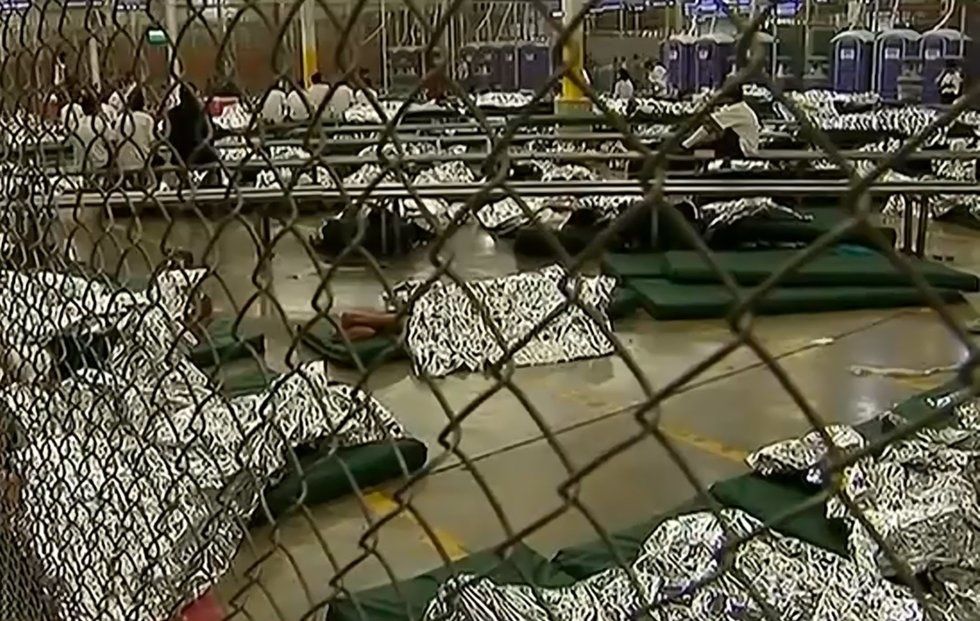In April, U.S. Attorney General, Jeff Sessions ordered a 'zero tolerance' policy for illegal border crossing. ICE began separating children from families of immigrants who crossed the border illegally, sending the children to immigrant detention centers and the parents to jails awaiting criminal prosecution. Normally, when undocumented immigrants are detained, the government has the choice to either submit them for deportation hearings or prosecute them for unlawful entry, which is considered a misdemeanor. Deportation is an administrative process and families are kept together. It's fast and inexpensive. Prosecution on the other hand is a criminal process. When an immigrant is prosecuted, they are charged for a crime and sent to a jail to await trial. Unlike an immigration detention center where an immigrant and their family would go if they were awaiting a deportation hearing, jails do not offer family housing. Anyone prosecuted is separated from their family. Prosecution is time consuming and expensive.
Before the policy change, previous administrations would prosecute people who committed serious crimes or felony offenses and families that crossed the border would just be deported and families could be kept together. Instead, children are separated from their parents, and sent to the office of refugee resettlement housing. Because the police was announced without anytime for preparations, the office of refugee resettlement is unable to keep up with the increased workflow of finding family members and sponsors for the children.
The conditions for the children have been described as bleak. The detention centers where children are allowed to legally be kept at for a maximum of three days are overcrowded with up to twenty children in rooms described as cage like. They are given bags of chips and a few water bottles as well as thin mats and foil blankets as bedding. Normally, a detention center would be for older unaccompanied minors but isn't fit for younger children. Parents who had been interview said that they haven't been told where they are taking their kids and some parents have even been lied to, saying their children were being taken away for a bath. Because there is so much overcrowding, tent cities in the desert have been built almost overnight for children and reporters have not been given access.
At this moment, it's unknown if these children will be reunited with their families because the Trump Administration doesn't have clear policy on how the children will be reunited. Trump has said he will sign an executive order to stop separating children, but hasn't explain how children who have already been separated will be reunited. A lot of people on social media and press have made connections to the situation to events in history including slavery when families were separated during slave auctions, or during the holocaust when parents and children were separated in camps, as well as the Japanese internment camps in world war two as a response to Pearl Harbor. George Takei, who had been moved to an internment camp at age five even said, "At least during the internment of Japanese-Americans, I and other children were not stripped from our parents"
The connections are quite scary, but according to Webster's dictionary, a concentration camp is .a camp where persons (such as prisoners of war, political prisoners, or refugees) are detained or confined, and currently the children that are separated could be considered political prisoners since Trump has alluded to using them as leverage against congress and mexico to fund the wall. Since May, 2342 children have been separated. Trump signed an executive order to stop further separation of children at the border however, there is nothing in the policy that covers how the administration plans to reunite families if they even plan to. Currently, there are shelters across fifteen different states in the U.S. that are housing the separated children.















